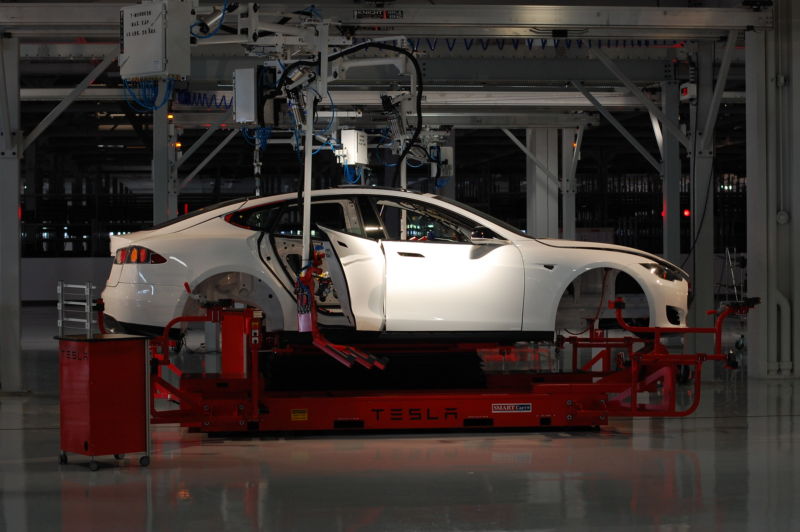Study that argued EVs aren’t cleaner gets an update
Ars Technica » Scientific Method 2019-12-04

Enlarge (credit: Maurizio Pesce / Flickr)
There are people who object to newfangled technologies that address our reliance on dirty energy. For them, claims like this are irresistible catnip: electric vehicles aren't actually cleaner than their gas-burning counterparts. What a delicious I-told-you-so to those naïve environmentalists! The only problem with these claims is that they aren't true.
This particular assertion is based on the idea that the manufacturing of big batteries for these cars generates so much emissions that all later savings are canceled out. Sometimes, this argument requires unfair assumptions, like expecting an internal combustion vehicle to last far longer than an EV. But it always requires cherry-picking a high estimate for battery manufacturing emissions.
One of those estimates came from a 2017 study from the IVL Swedish Environmental Research Institute. Based on the data that it had to work with, the institute's study put the emissions at 150-200 kilograms of CO2 per kilowatt-hour of lithium-ion battery capacity—one of the highest estimates that has been published.